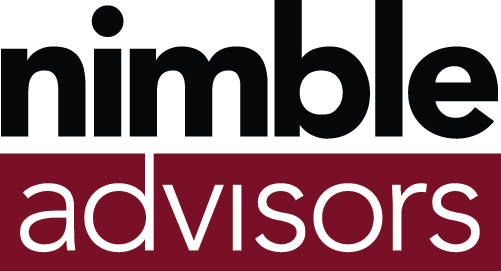Navigating Employee Health Benefits: Understanding Self-Funded, Level-Funded, and Traditional Group Health Plans
An employee group health plan is typically the lynchpin of a solid overall benefits package.
In today's competitive job market, offering comprehensive health benefits has become crucial for companies aiming to attract and retain top talent. However, navigating the complex landscape of health insurance options can be daunting. As HR consultants, we often encounter confusion surrounding the differences between self-funded, level-funded, and traditional group health plans. In this blog post, we'll delve into these three types of health insurance arrangements to help you make informed decisions for your company and employees.
Traditional Group Health Plans
Traditional group health plans are perhaps the most familiar option for many employers. In this arrangement, the employer contracts with an insurance carrier to provide health coverage for its employees. The premiums are typically split between the employer and the employees, with the employer covering a significant portion of the cost.
One of the primary characteristics of traditional group health plans is predictability. Employers pay a fixed premium to the insurance carrier, and in return, the carrier assumes the financial risk associated with providing health coverage. This means that regardless of the actual healthcare costs incurred by the employees, the premium remains the same.
Traditional group health plans offer simplicity and stability, making budgeting and planning easier for employers. However, they often come with higher premiums, as the insurance carrier assumes the risk and builds in a suitable margin for profit.
Self-Funded Health Plans
Self-funded health plans, also known as a self-insured plans, offer employers greater control and flexibility over their healthcare costs. Instead of paying fixed premiums to an insurance carrier, the employer assumes the financial risk for providing health coverage to its employees. This means that the employer is responsible for paying the claims incurred by employees, rather than relying on an insurance carrier to cover those costs.
Self-funded plans are customizable, allowing employers to design benefit packages tailored to the specific needs of their workforce. Employers also have access to claims data, which can help identify cost-saving opportunities and improve the overall health and wellness of employees.
One of the key benefits of self-funded plans is cost savings. Because employers are not paying premiums to an insurance carrier, they can potentially save money if their employees' healthcare costs are lower than expected. However, self-funded plans also come with greater financial risk, as employers are responsible for covering any unexpected or high claims.
Level-Funded Health Plans
Level-funded health plans offer a middle ground between traditional group plans and self-funded plans. In a level-funded arrangement, the employer pays a fixed monthly premium to a third-party administrator (TPA), which then manages the plan on behalf of the employer.
Similar to self-funded plans, level-funded plans give employers access to claims data and allow for customization of benefit packages. However, unlike self-funded plans, level-funded plans include stop-loss insurance to protect employers against high claims. If claims exceed a certain threshold, the stop-loss insurance kicks in to cover the additional costs, providing employers with greater financial predictability and stability.
Level-funded plans offer the potential for cost savings compared to traditional group plans, as employers only pay for the actual healthcare costs incurred by their employees, plus administrative fees. Additionally, level-funded plans provide employers with transparency and control over their healthcare spending, without the same level of financial risk associated with self-funded plans.
Conclusion
When it comes to choosing a health insurance plan for your company, there is no one-size-fits-all solution. Traditional group health plans offer simplicity and stability but come with higher premiums. Self-funded plans provide employers with greater control and potential cost savings but also entail greater financial risk. Level-funded plans offer a balance between the two, providing transparency and control over healthcare costs while minimizing financial risk.
As human resources consultants, we understand the importance of selecting the right health insurance plan for your company and employees; One that fits into your budget and corporate culture. By carefully evaluating the differences between self-funded, level-funded, and traditional group health plans, you can make informed decisions that meet the needs of your workforce while also managing costs effectively.
Are you currently evaluating group health plans for your employees and would like to bounce off ideas and options with someone? If so, maybe its time we had a conversation. Let's talk!

